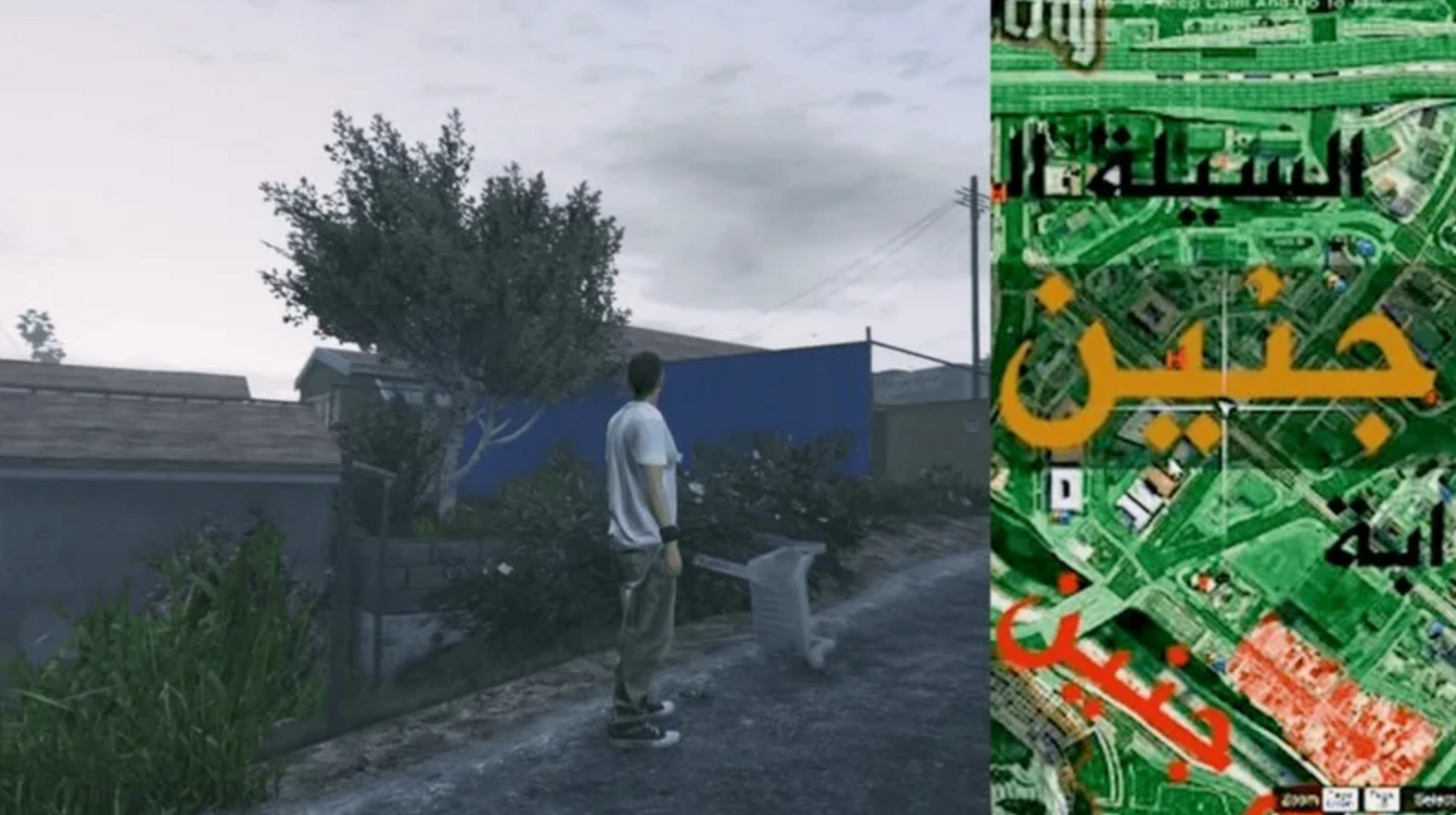PFFA Seminars: Palestinian Cinema Beyond the Frame
15:00–18:00
de Appel, Tolstraat 160, Amsterdam

What is the state of Palestinian cinema today, and what does it seek to achieve beyond the frame? This seminar series responds to increasing anxieties around Palestinian image-making, which have amplified amidst an ongoing live-streamed genocide. As images streaming out of Gaza circulate—or struggle to circulate—through film festivals and social media, they are often constrained by regimes of visuality that have historically entrapped Palestinians in a “humanitarian image”. The humanitarian image, problematic as it may be, promises to convey the weight of ethnic cleansing and genocidal violence, while potentially entrapping Palestinian life in a loop of suffering, catastrophe, and crisis. This series attempts to map the various aesthetic, pedagogical, and archival interventions being developed by filmmakers and scholars as they refuse these regimes of visuality, navigate the complexities of Palestinian image-making, and preserve the diverse narratives and acts of resistance in Palestine.
Hosted in collaboration with the Palestinian Film Festival Amsterdam (PFFA) and de Appel, these three seminars aim to transgress the inherited categories of Western cinema studies (fact and fiction, regimes of genre, art and anthropology, film and new media), moving towards a more mutable onto-epistemic and aesthetic framework that is attuned to the shifting political urgencies of life under occupation. Sessions are open to artists, academics, and cultural practitioners who are eager to develop new tools in film practice, pedagogy, and archival science from an anti-colonial perspective.
Double Vision – Friday 3 October, 15:00–18:00
The first session, Double Vision, is guided by Firas Shehadeh, a Palestinian artist whose ongoing film trilogy, Like An Event in a Dream Dreamt By Another, examines how modding, speculation, and ‘double vision’ can open up new configurations of words and images that highlight the multiple contiguous temporalities and subjectivities present in the experience of Palestinian life. Attendees of the seminar are also encouraged to attend From Ground Zero (2024), a collection of 22 short films, and Once Upon a Time in Gaza (2025) during the PFFA, to further explore how genre hybridity and doubled cinematic forms can contest the space between witnessing and imagining. Tickets for these screenings will be provided to seminar participants, courtesy of the PFFA.
Pedagogies of Resistance – Wednesday 8 October, 15:00-18:00
In the second session, Pedagogies of Resistance, interdisciplinary artist Noor Abed will lead a workshop inspired by her experience in developing and producing her most recent film, A Night We Held Between (2024). This session delves into Abed’s production diary as both a record of filmmaking and a decolonial method that foregrounds knowledge grounded in locality, community, and relationality with a land and its people. Together, we will consider how contingency, re-direction, and practices of listening can potentially resist and unsettle dominant Eurocentric methods of film pedagogy and production.
Archiving in the Ruins – Monday 13 October, 15:00-18:00
In conversation with Hypatia Vourloumis, a performance theorist working across anticolonial, feminist, critical race and queer theory, the final session, Archiving in the Ruins will think through practices of archiving in the present as resistance to normalization and erasure. As we navigate the ongoing ruination of Western institutions and attune to the media production of those actively defying genocide, we will discuss archiving as a collective resistant act, and investigate strategies and tactics of history and memory making in our cracking present as we move towards a future we materially insist upon.
Complete descriptions of each session and preparatory material will be provided to attendees upon registration. Participants are encouraged to attend all three sessions, though this is not compulsory.
For any further questions and sign-up, please contact Jamil Fiorino-Habib: j.fiorino-habib[at]rug.nl.